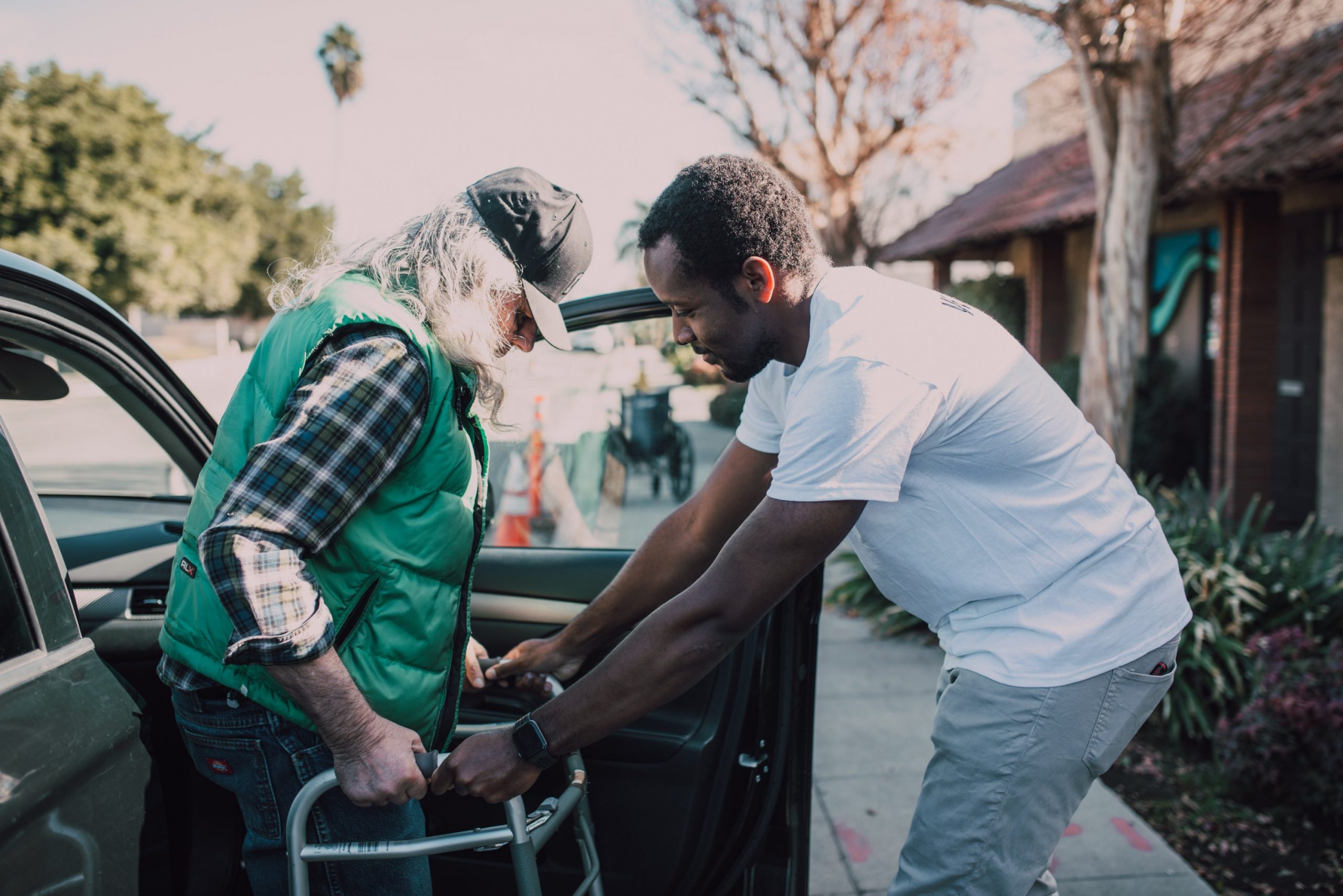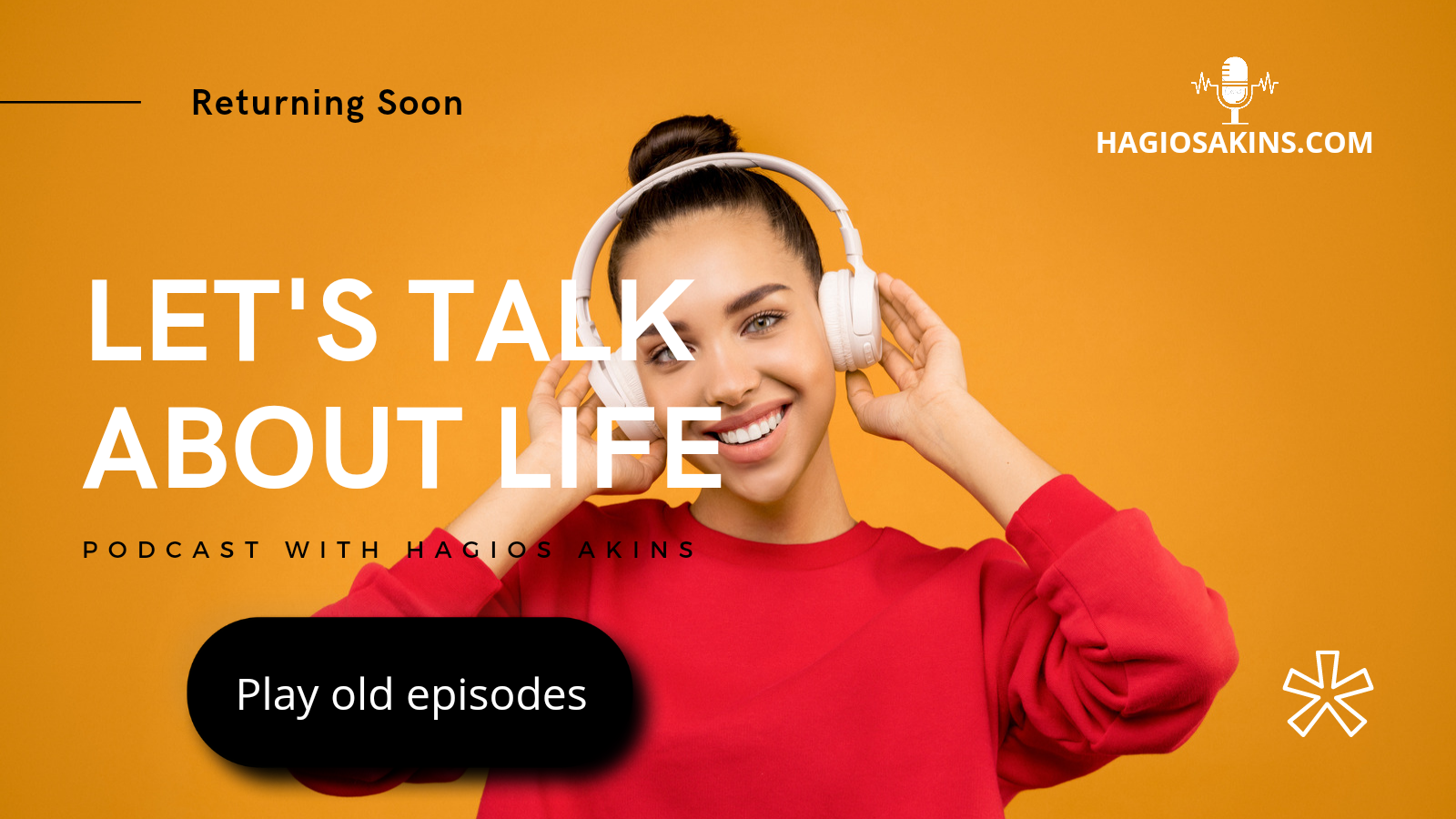Content
The illusion of Money
Contrary to the popular opinion, money does not make one happier. In the end, you will realise that it’s only a few things that matter. And in fact, the very many monies you have in the bank do not matter; and the readings in your crypto wallet is only but an illusion. Real wealth is joy. Real wealth is happiness. Real wealth is sound health. Real wealth lies in giving. If happiness was in lots money, every rich man would be happy. If money could buy life, every wealthy person who died probably would still be alive. But as you can see, we only have what we can get.
The unwise wakes up in the morning and reason about nothing but only to make more money. Even though this method does not really bring the money. I have read series of books on how to really make money, and not a single of them stops at just wishing their bag to grow. Most talk about giving, finding solution to problems, making people happy. Ultimately, that’s supposed to be the goal. How to bless lives—not use lives.
Several months ago, I tweeted: “The actual order of things at creation was for man to be the end—God made everything for man. Hence, any strategy that skew towards making man the means to an end is breaking a natural order. Good economics thrive on this knowledge—to satisfy human wants and needs! You don’t use (manipulate) people to make money. You pitch a solution to a [basic] human problem then money comes. You feel different—happy—when you begin to see entrepreneurship this way.” The summary is giving.
Robert T. Kiyosaki on Money
Let me show you another perspective from the popular author of the book, Rich Dad Poor Dad, Robert T. Kiyosaki:
Both of my dads were generous men. Both made it a practice to give first. Teaching was one of their ways of giving. The more they gave, the more they received. One glaring difference was in the giving of money. My rich dad gave lots of money away. He gave to his church, to charities, and to his foundation. He knew that to receive money, you had to give money. Giving money is the secret to most great wealthy families. That is why there are organizations like the Rockefeller Foundation and the Ford Foundation. These are organizations designed to take their wealth and increase it, as well as give it away in perpetuity.
My educated dad always said, “When I have some extra money, I’ll give it.” The problem was that there was never any extra. So he worked harder to draw more money in, rather than focus on the most important law of money: “Give, and you shall receive.” Instead, he believed in: “Receive, and then you give.”
What’s Robert saying in essence? Give, give, give. And that’s what really makes you wealthy. Give to the society, give to your friends, give to as many as you can. Do it freely.
Some Research on
what makes happy
Being a core question, social psychologists conducted several studies on what really makes for happiness.
In experiments, and in everyday life, public generosity boosts one’s status, while selfish behavior can lead to punishment (Hardy & Van Vugt, 2006; Henrich and others, 2006).
Rewards may also be internal. Nearly all blood donors in Jane Piliavin’s research agreed that giving blood “makes you feel good about yourself” and “gives you a feeling of self-satisfaction.” Indeed, “Give blood,” advises an old Red Cross poster. “All you’ll feel is good.” Feeling good helps explain why people far from home will do kindnesses for strangers whom they will never see again.
Helping’s boost to self-worth explains this do-good/feel-good effect. One month-long study of 85 couples found that giving emotional support to one’s partner was positive for the giver; giving support boosted the giver’s mood (Gleason & others, 2003). Piliavin (2003) and Susan Andersen (1998) reviewed studies that showed that youth who engaged in community service projects, school-based “service learning,” or tutoring children develop social skills and positive social values. Such youth are at markedly less risk for delinquency, pregnancy, and school dropout and are more likely to become engaged citizens.

The little help matters
Volunteering likewise benefits morale and health, especially when self-initiated rather than pressured (Weinstein & Ryan, 2010). Bereaved spouses recover from their depressed feelings faster when they are engaged in helping others (Brown & others, 2008, 2009). Those who do good tend to do well.
Ditto for giving money. Making donations activates brain areas linked with reward (Harbaugh & others, 2007). Generous people are happier than those whose spending is self-focused. In one experiment, people received an envelope with cash that some were instructed to spend on themselves, while others were directed to spend on other people. At the day’s end, the happiest people were those assigned to the spend-it-on-others condition (Dunn & others, 2008). Other research confirms that giving increases happiness (Anik & others, 2010).
Increased materialism does not make you happier. Gathering the wealth—cash and properties—of the whole world does not bring you the happiness you deserve—the one you wish for. What really matters is how much you have given, how many lives you have helped; how many people can say about you that, “oh, he was a part of my greatness”?
As the research report earlier has shown, you don’t exactly need lots of money to be happy. Though, more money could help you give more, but more money does not make you give. Giving is an attitude that has nothing to do with the size of your wallet. Cultivate it. It can be done simply by volunteering, sharing your experiences to help others improve on themselves, etc.
More so, this is why this website was founded. To help people grow. To help you become a better person. To give out what we know and have learned by experience and much reading. You are reading this and we hope it transforms you. And if it’s changing your mindset already—if it’s working—you can start out by supporting us by clicking on the pretty green button at the end of this post. (If you’re in Nigeria)
Nevertheless, if oversea or within Nigeria, you can reach out to us via our email to ask “How can I support this cause?”
My Mom’s story—Emphasis on What Really Matters for Happiness
In the end, only few things matter. Not the much wealth you accumulate that will make you happy: but the number of persons you have helped. People whom you have given to. That’s what really matters.
In the latter life of my mother, when she was on the sickbed, I could remember a day when her pension alert came in, I ran to tell her, “Mom, the government has paid your pension for the month”. She suddenly became sad as she answered me, “I don’t want to hear that again… What’s the joy in having the money and not healthy enough to spend it on what you really want?” Well, that had me right there and then. I was sad that day.
Mom on her sickbed gave more to people. If anybody came visiting, they would get something. She had us buy different types of meat, knowing fully well that she would not be able to eat them. She knew, yet she had us buy them. Perhaps she did not want us to feel bad that she was sick (this happened during Christmas in 2018, through to new year*). I tried to connect the dot because she once said something like that.
The latter life of my mom and her death really taught me a lot about life. Everything is summarised into one single statement: In the end, only few things matter. One of which is GIVING—how many you have helped, given to. Lots of money don’t. Hate doesn’t. Unforgiveness doesn’t. The number of women or men you’ve slept with doesn’t matter.
Lots of properties don’t. In fact, her properties don’t even entice me. I can’t remember when last I was home (her house). But what matters? She formed me. She gave to me. Sponsored me. Was there for me. She served me while she was alive. Her memories live on in my heart. And it will be till I die, too. I’ll tell my kids about her. They will know her. They will remember her.
Final Note on Happiness
Friend, remember this even if you forget everything I have said: In this world, where depression flies with wings like falcon on every social media platform, if you do not learn what really matters, you probably would be depressed by the things you see. Everybody flaunting their wealth and the monies in their wallet as though they are things that make a good life. Well, let me break it to you: a lot eats people real deep than money will ever satisfy. Lots of money don’t really make you happy. Giving out does it a thousand times more than receiving.
I’ll close with this from social psychologist, professor Dan Gilbert: “We are connected to each other. We belong to each other. Life is a journey through time, and happiness is what happens when we make that journey together.” See you in the next post, Friend.
Yours,
Hagios
You can support this website by clicking on the green button below if you are in Nigeria.
And if oversea, reach out to us.
References & Footnote
- Robert T. Kiyosaki. Rich Dad Poor Dad
- Myers, D.G (2012). Social Psychology (11th ed.). New York: McGraw-Hill
* Mom later passed on January 23, 2019. Cause: Breast cancer.



One thing so powerful about giving is that not only is the receiver blessed, but anybody who witnesses an act of generosity is also blessed.
That’s right!
[…] Related Article: What really makes you happy […]